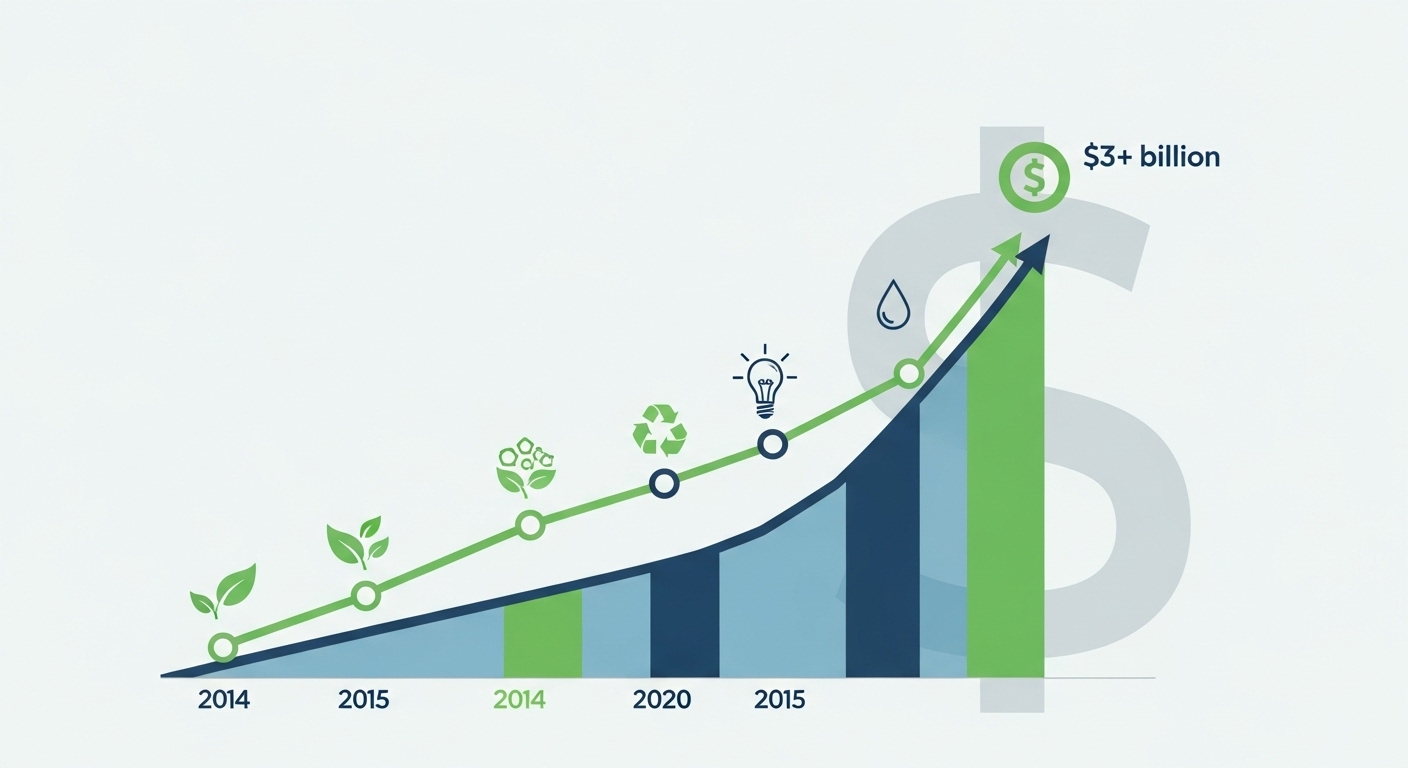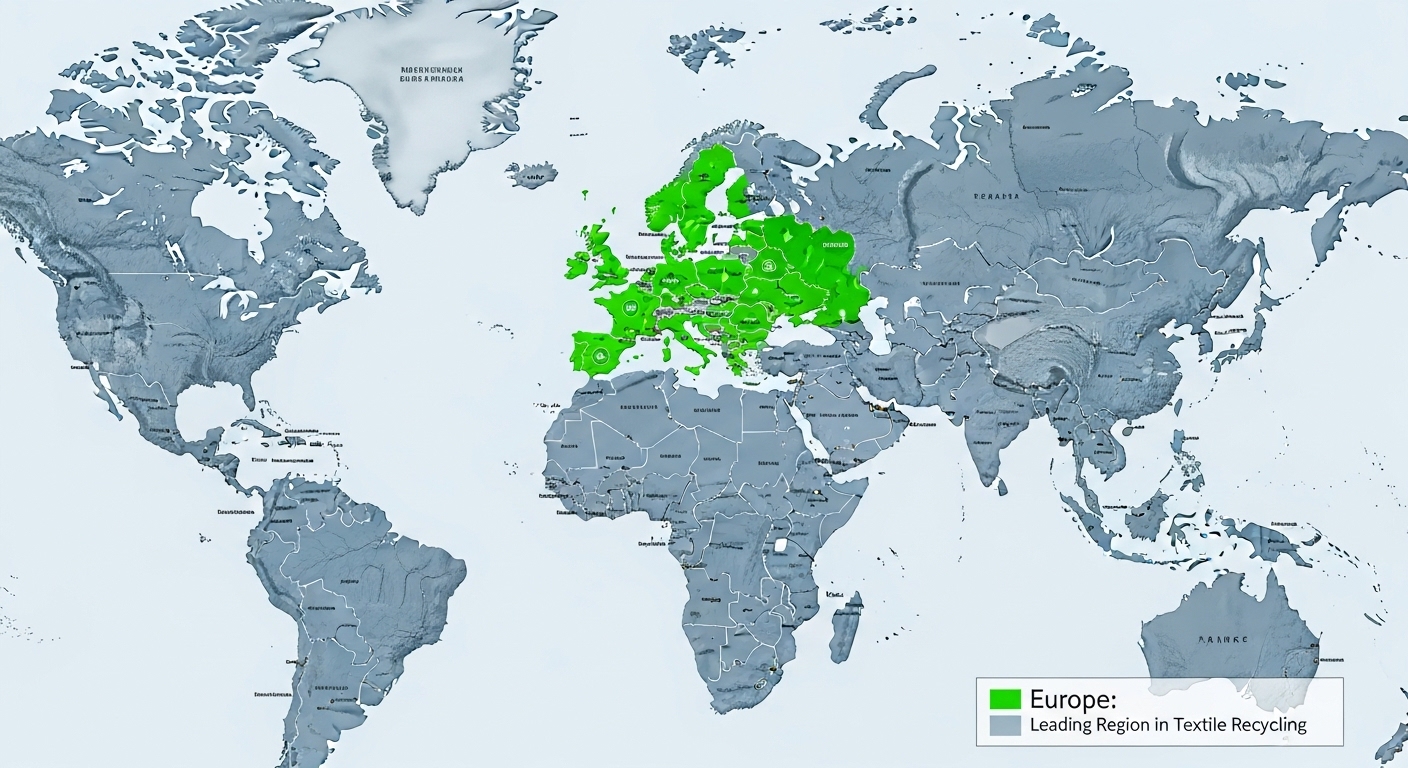European Union : New ‘Green Claims’ Directive to Combat Greenwashing
The European Union has been working on a comprehensive directive aimed at regulating ‘green claims,’ to curb misleading environmental marketing practices, commonly referred to as ‘greenwashing.’ The proposal aims to set strict rules for substantiating and communicating environmental claims, ensuring transparency for consumers.
Background:
The European Commission conducted a study that revealed 53% of environmental claims examined in the EU were vague, misleading, or unfounded, and 40% were unsubstantiated. The 2020 New Consumer Agenda highlighted the need to protect consumers against false or confusing environmental information. The proposed ‘Green Claims’ directive builds on this agenda by establishing specific rules.
Key Provisions of the Directive:
- Substantiation and Communication of Claims:
- Companies must conduct assessments to substantiate environmental claims before communicating them.
- No prescribed assessment method, but requirements are set for comparative claims.
- Verification Requirements:
- Member States are required to establish procedures for ex ante verification of environmental claims by an accredited verifier, issuing certificates of conformity.
- Comparative environmental claims and labelling schemes must comply with detailed rules.
- Microenterprises are exempt unless they request verification.
European Parliament Position:
On 14 February 2024, the joint Committees on the Environment, Public Health and Food Safety (ENVI) and the Internal Market and Consumer Protection (IMCO) adopted a report with 85 votes in favour, two against, and 14 abstentions. Key recommendations include:
- Verification of environmental claims within 30 days by accredited verifiers.
- Simplified verification system for certain claims via a delegated act.
- A report on environmental claims for products containing toxic substances.
- Limiting climate-related compensation claims based on carbon credits to residual emissions only.
- A consultation forum involving Member States and stakeholders.
Conclusion:
The new ‘Green Claims’ directive aims to empower consumers in their purchasing decisions by providing reliable environmental information. The European Parliament’s involvement ensures the directive strikes a balance between promoting genuine environmental practices and preventing misleading claims.
Attribution:
This article is based on information provided by the European Parliamentary Research Service (EPRS), authored by Guillaume Ragonnaud.








